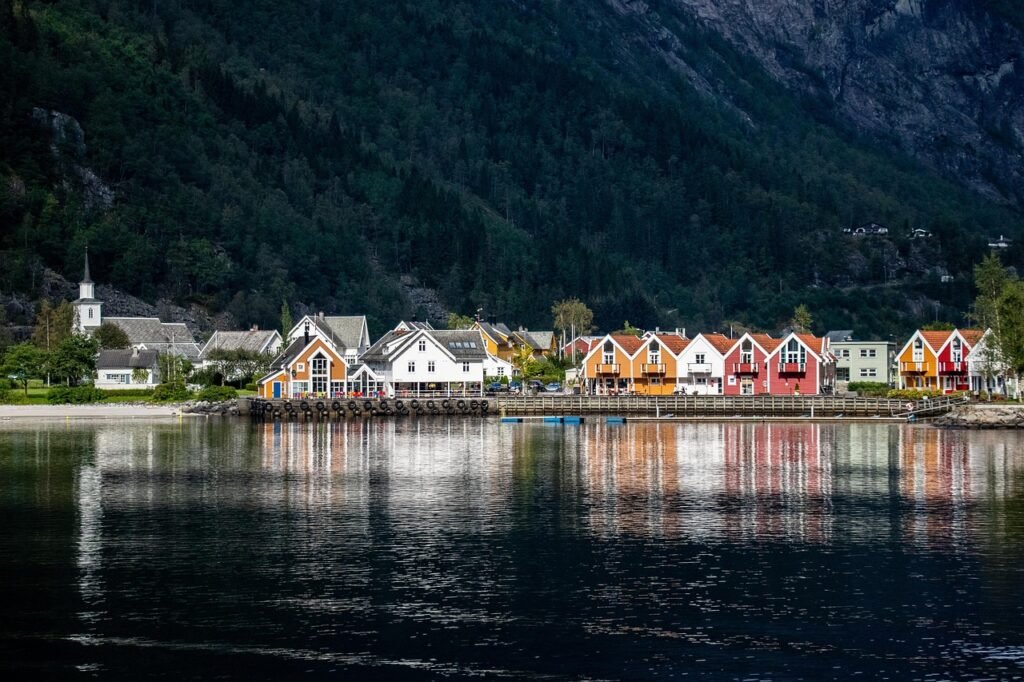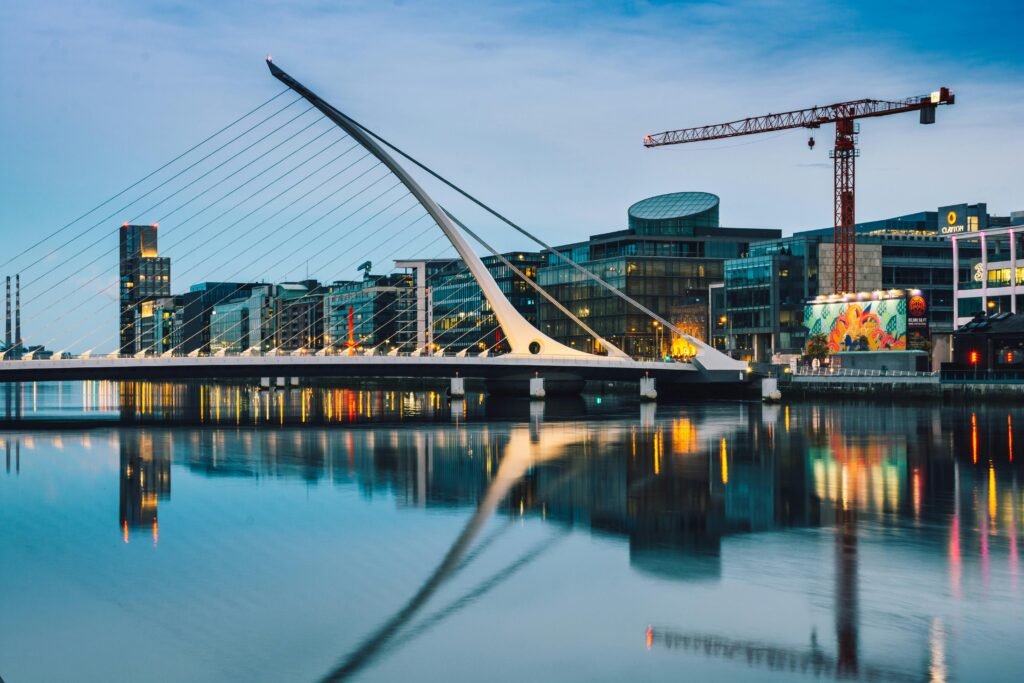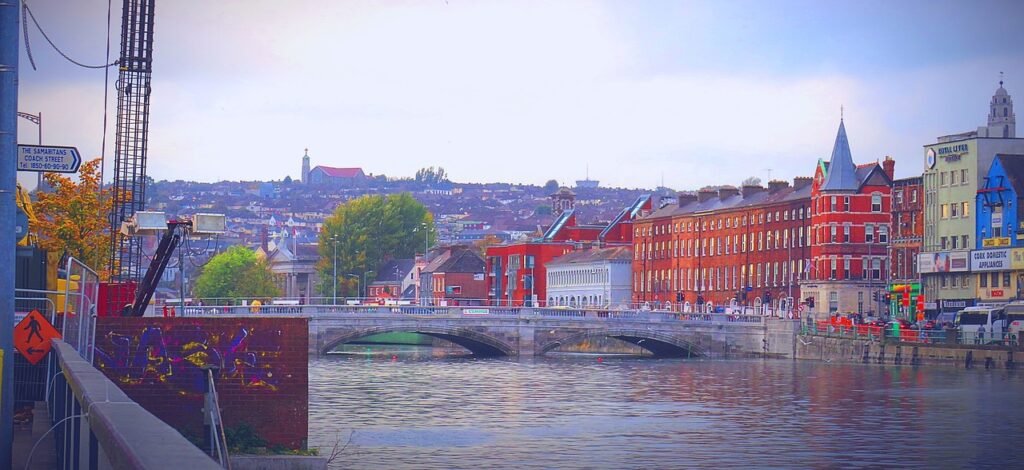Study in Colourful
Malta
|
Why Study in Malta?
Malta offers quality education with a strong emphasis on cultural heritage, innovation, and international collaboration. Universities in Malta provide affordable tuition fees for international students compared to many other European countries. Students benefit from a Mediterranean lifestyle, a safe and welcoming environment, and English as an official language. Studying in Malta opens doors to vibrant career opportunities and potential pathways to residency in a growing economy.
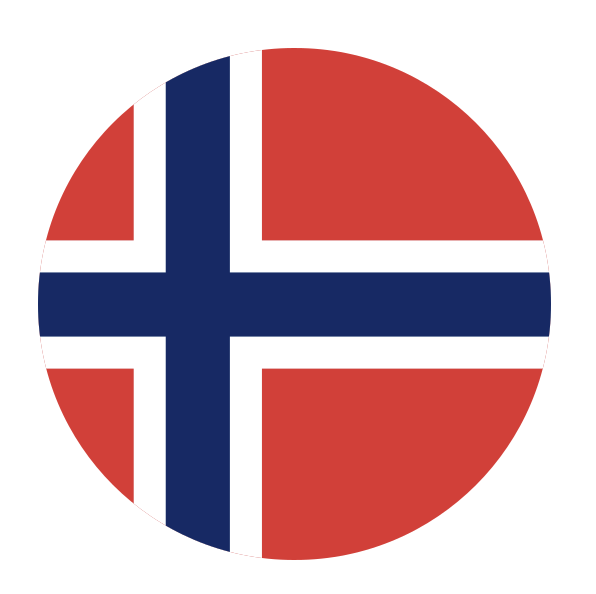
- Study in
Malta
Study Programs in Malta
Study Programs in Malta for international (including Bangladeshi) students:
Schooling / Primary & Secondary Education – Available at private international and bilingual schools (fees apply), offering globally recognized curricula such as the British system, Maltese curriculum, and the International Baccalaureate (IB).
Diploma & Vocational Programs – Offered by institutes like the Malta College of Arts, Science and Technology (MCAST), focusing on practical, job-ready skills in areas such as IT, hospitality, design, and engineering.
Bachelor’s Degrees – A wide range of programs taught in English at public and private universities, especially in fields like business, tourism, engineering, and health sciences.
Master’s Degrees – Malta offers many English-taught master’s programs in disciplines such as finance, technology, law, and social sciences, with affordable tuition fees compared to other European countries.
PhD Programs – Doctoral studies available at Maltese universities, often supported by scholarships or research grants, with no or low tuition fees.

- Study in
Malta
Step-by-Step Guide
Step-by-Step Guide for Bangladeshi Students Planning to Study in Malta:
🇲🇹 Step 1: Research Universities and Programs
Explore universities and colleges in Malta such as the University of Malta and MCAST. Shortlist programs that match your academic background, career goals, and language skills (English-taught programs are widely available).
🇲🇹 Step 2: Check Eligibility Requirements
Review entry requirements including academic qualifications, English proficiency (IELTS/TOEFL), and any specific prerequisites for your chosen program.
🇲🇹 Step 3: Prepare and Submit Applications
Apply online through the university or college’s official application portal. Make sure all documents are certified and translated into English if necessary.
🇲🇹 Step 4: Explore Scholarships & Funding Options
Look into scholarships offered by Maltese universities, government scholarships, and EU programs like Erasmus+. Note that some scholarships may be competitive for international students.
🇲🇹 Step 5: Receive Offer and Accept Admission
Once you receive an acceptance letter, follow the institution’s instructions to confirm your place. Pay any required tuition deposits or fees.
🇲🇹 Step 6: Apply for Student Visa (Study Permit)
Apply for a Maltese student visa through the Maltese embassy or consulate. You will need to provide proof of admission, financial means, health insurance, and accommodation arrangements.
🇲🇹 Step 7: Arrange Accommodation and Health Insurance
Secure university dormitory or private accommodation. Purchase valid health insurance as required for visa and stay.
🇲🇹 Step 8: Plan Travel and Arrival
Book your flight, prepare all required documents (visa, admission letter, proof of funds, insurance), and be ready for immigration checks upon arrival in Malta.

- Study in
Malta
Explore Our Partner Universities
College de Paris Ascencia Malta
eie European Business School
Global Banking School (GBS) – Malta
International American University Malta
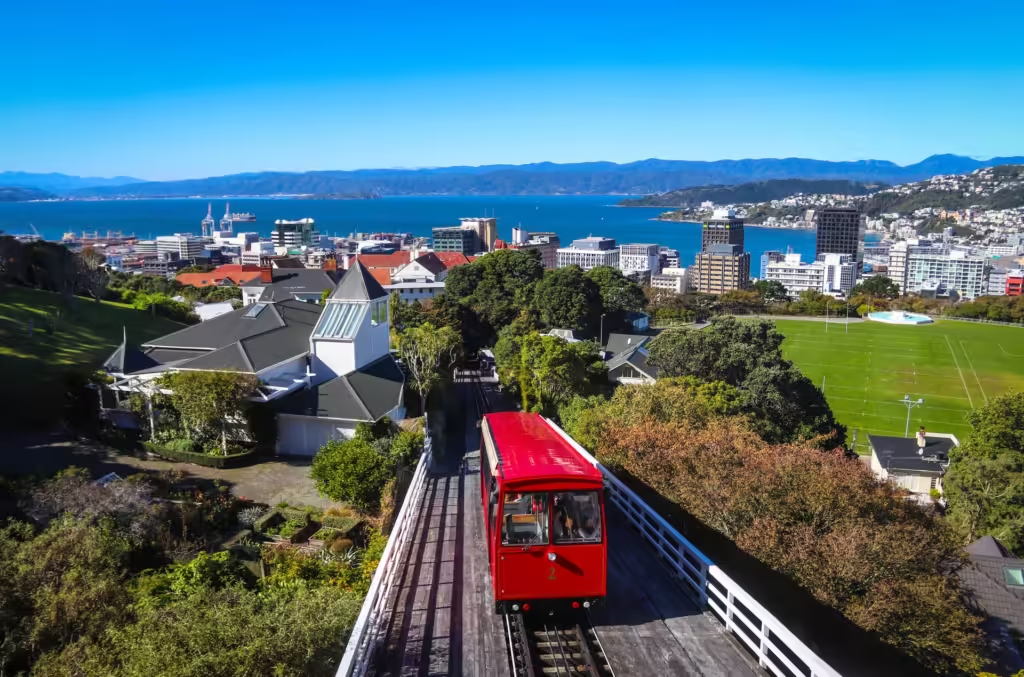

- Study in
Malta
Average Tuition Fees in Malta (2025)
Primary & Secondary School (International schools)
€4,000 – €12,000 per year
Private and international schools in Malta charge tuition fees, which vary depending on the curriculum (British, IB, Maltese, etc.).
Bachelor’s Degree (Public universities)
€1,200 – €4,000 per year
The University of Malta offers relatively affordable tuition fees for international students compared to other EU countries.
Master’s Degree (Public universities)
€1,500 – €5,000 per year
Master’s programs at the University of Malta and other institutions offer competitive tuition fees, often with various scholarships available.
PhD Programs
Generally low tuition fees or tuition waivers; some PhD candidates receive scholarships or stipends.
Private universities / business schools (all levels)
€5,000 – €15,000 per year, depending on program and institution.
Visa Categories for Study in Malta

Short-Term Study Visa (Type C – Schengen Visa)
For studies or courses up to 90 days (e.g., short courses, language programs, summer schools). Allows travel within the Schengen Area during the stay.

Long-Term Study Visa (Type D – National Visa)
For study programs longer than 90 days, such as full-time undergraduate, postgraduate, or doctoral degrees. Required for entry before applying for a residence permit upon arrival.

Residence Permit for Studies
Must be applied for within one week of arrival in Malta with a Type D visa. Issued for the duration of the study program, renewable annually.
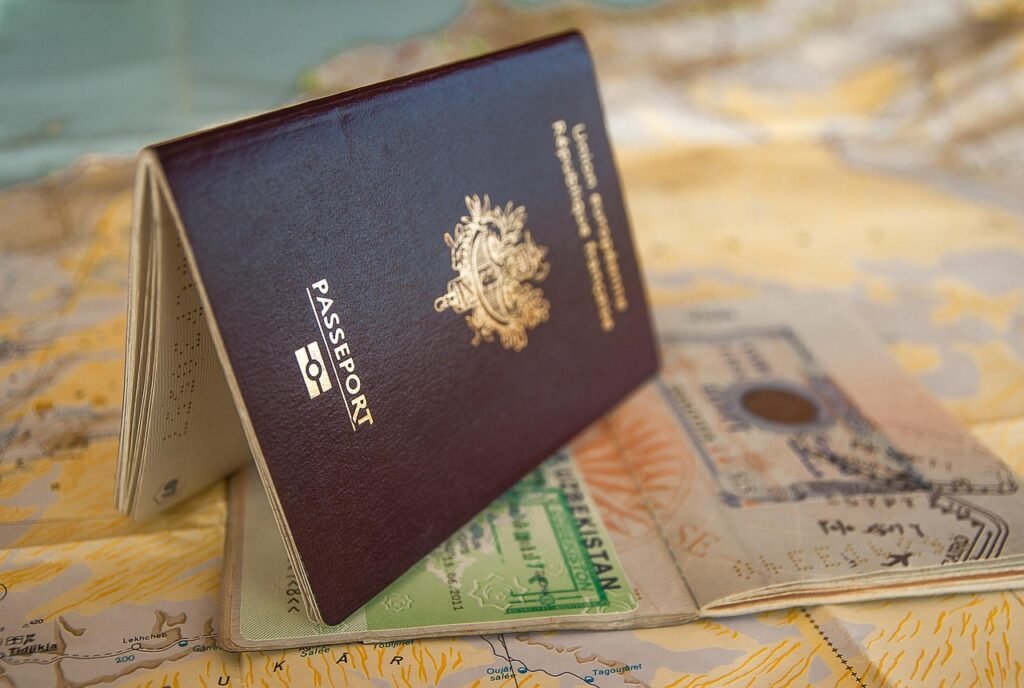
Visa Application Checklist
Malta Student Visa Application Checklist (Bangladesh)
Completed Application Form
Fill out the Malta student visa application form online or at the nearest Malta embassy/consulate.
Valid Passport
Passport must be valid for at least 3 months beyond your intended stay and have at least two blank pages.
Admission Letter
Official acceptance letter from a recognized Maltese educational institution confirming your enrollment.
Proof of Financial Means
Evidence that you can support yourself financially during your stay (e.g., recent bank statements, scholarship letters, or financial guarantees).
Proof of Accommodation
Documentation showing where you will stay in Malta (rental agreement, university dorm confirmation, or host letter).
Passport Photos
Recent color passport-sized photos meeting Malta’s visa photo specifications.
Travel Itinerary
Flight reservation or travel plan (recommended but not mandatory).
Health Insurance
Proof of valid health insurance covering your stay in Malta (usually mandatory for visa approval).
Academic Certificates and Transcripts
Copies of previous academic diplomas, degrees, and transcripts.
English Language Proficiency Proof
Depending on program requirements, submit certificates like IELTS or TOEFL.
Police Clearance Certificate
Certificate of good conduct or police clearance from Bangladesh.
Parental Consent (If under 18 years old)
Parental authorization documents if the applicant is a minor.
Payment Receipt of Visa Fee
Proof of payment for the visa application fee.
Biometric Data Submission
Schedule and complete biometric data collection at the Malta Visa Application Centre or designated VFS Global office (check current locations).
Additional Notes:
-
All documents should be in English or Maltese; otherwise, provide certified translations.
-
Originals may be requested during the visa interview or upon arrival.
-
Processing times vary, so apply well in advance of your intended travel date.

- Study in
Malta
Job and PR Pathways After Study
Job and PR Pathways After Study in Malta
-
Job Search Visa / Residence Permit for Job-Seeking after Studies:
After completing your degree, you can apply for a residence permit that allows you to stay in Malta for up to 6 months to look for a job relevant to your field of study. -
Employment Opportunities:
Malta’s labor market offers opportunities especially in sectors like information technology, gaming, financial services, tourism, healthcare, and maritime industries. English is an official language and widely used in business, which benefits international graduates. -
Work Permit:
Once you secure a job offer, you or your employer must apply for a work permit. The permit process involves proving the job matches your qualifications and complies with Maltese employment and salary standards. -
Permanent Residency (PR):
After legally residing in Malta continuously for 5 years (including student and work permits), you may be eligible to apply for permanent residency. Requirements generally include stable income, good character, and integration into Maltese society. -
Pathway to Maltese Citizenship:
After 12 months of permanent residency and a total of 4 years of legal residence in Malta (5 years in total), you may apply for citizenship, subject to language proficiency, good conduct, and other conditions.
Tips for Success:
-
Use university career centers and Malta-specific job portals like Jobsinmalta.com.
-
Network with local professionals and attend career fairs or industry events.
-
Improve your Maltese and English language skills to enhance employability.
-
Keep track of your visa and permit deadlines to maintain legal status while job searching.

- Study in
Malta
Our Support During the Process
We’re with you at every step — from your first consultation to settling into life in Malta and beyond, ensuring a smooth, informed, and successful journey.
Personalized consultation at every stage — We take the time to understand your academic goals, financial situation, and personal preferences to guide you toward the best-fit study options in Malta.
One-on-one support for admission, visa, and travel — Dedicated assistance with university applications, document preparation, visa submissions, and travel arrangements.
Always accessible — Connect with us via call, WhatsApp, email, or in person — whichever suits you best.
Regular updates, reminders, and document reviews — Stay on track with timely updates, important deadline reminders, and thorough review of your documents.
Post-arrival check-ins and alumni mentoring — We stay connected after you arrive, offering ongoing support and connecting you with alumni who’ve successfully made the journey.
Support for job search and PR planning — Guidance on job opportunities, CV building, and advice on permanent residency pathways even after you graduate.


